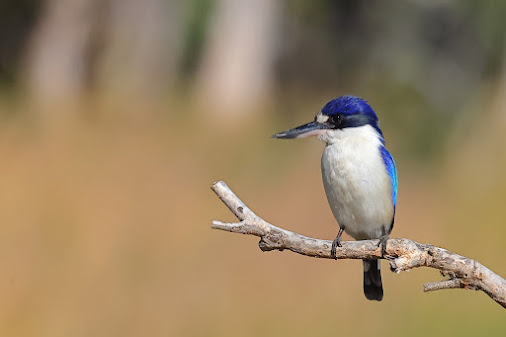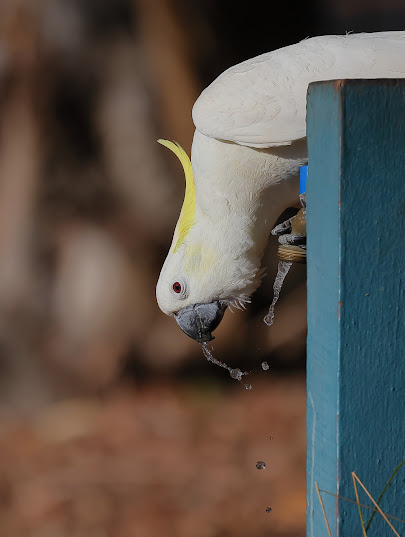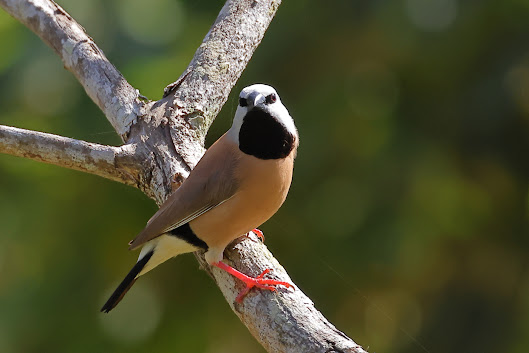The annual Black-throated Finch (Southern subspecies) survey is coming up on October 21-22 at sites around Townsville. Waterholes will be watched from 6-9am on Saturday and Sunday. How many BTFSs will be counted? Chances are similar numbers to last year. Possibly slightly fewer, maybe many fewer. The historical trend is down, down, down. But, but, but . . .
There are signs of things coming together in search of increases in BTFS numbers. They include:
An 11-hectare trial area in the Ross Dam catchment to undergo reshaping, weed removal (some carbon capture), selected grass and tree planting.
Funding on offer for selective flora control and grass and tree planting, contingent on a 500-hectare offset in the catchment.
Enthusiasm for greater BTFS coordination between Queensland Parks and Wildlife and Townsville City Council being expressed at several levels.
Expansion of an existing offset with noteworthy BTFS activity reported privately.
On a smaller scale, encouraging reports of good numbers of BTFSs in outlying spots dotted about the Bohle Plains.
And some encouraging positivity for my pet grass, Chionachne cyathapoda, which I argue is a corner stone for successful revegetation and consequent species increase, of paramount importance for not just BTFSs but for other birds, including the Purple-crowned Fairywren in the Northern Territory.
Elsewhere, miner Bravus earlier this year reported 449 BTFSs banded by its eco consultancy in the other major stronghold of the species, the Galilee Basin.
Am I slighting those in PhD land? Nope, they've done the hard yards. Cheers to the Black-throated Finch Recovery Team and all the willing volunteers out there this weekend. You're counting the birds and they're counting on all of us!






















































